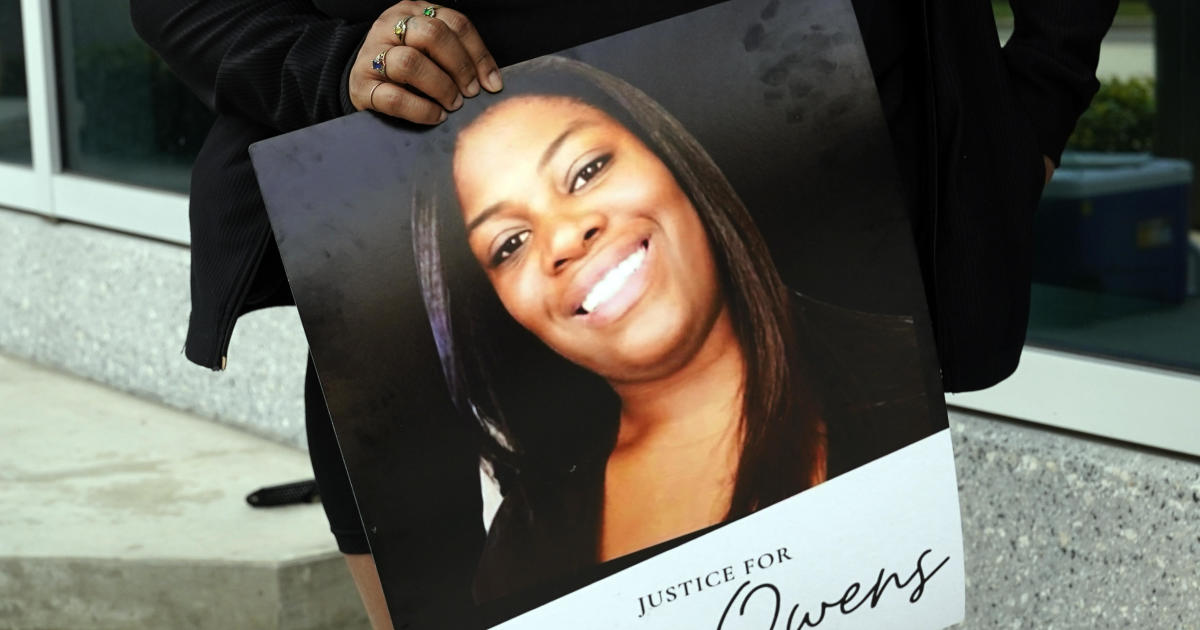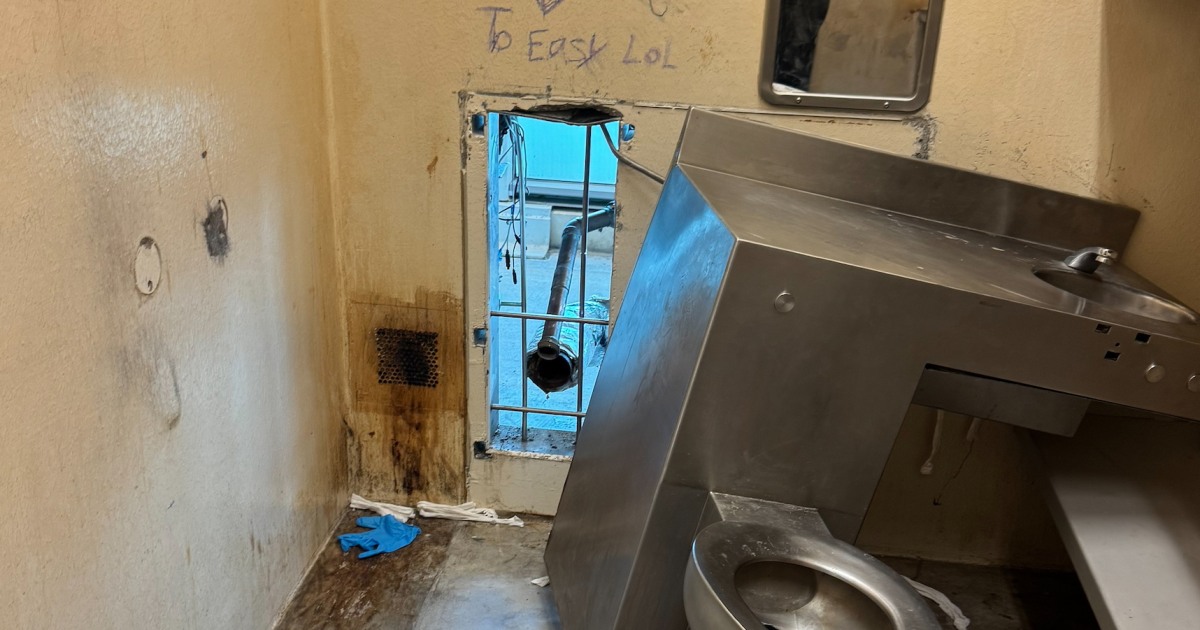Justice on Trial: The Fatal Shooting of Ajike Owens and Its Impact on Race and Accountability in America
The tragic death of Ajike Owens, a Black mother of four, at the hands of a Florida woman, has sparked national outrage and intense debate surrounding race, justice, and the legal system. As the sentencing phase of the case approaches, the question remains: what does this trial and its outcome signify for communities across America, particularly in the context of systemic racial disparities and accountability for violence? This article will explore the details of the case, the broader racial and social implications, and what this case could mean for future legal decisions and race relations in America.
The Fatal Shooting of Ajike Owens: A Tragic Encounter
The incident that led to the death of Ajike Owens took place in June 2023 in Ocala, Florida. According to authorities, the shooting occurred after a heated altercation between Owens and her neighbor, identified as the defendant, who has been charged with second-degree murder. Owens was reportedly shot in the back while trying to flee the scene after an argument escalated. The suspect, a 58-year-old white woman, had reportedly been in an ongoing dispute with Owens and her family over a variety of neighborhood issues, including loud noise complaints and alleged harassment.
The confrontation turned violent when the defendant allegedly fired through her door after Owens knocked, trying to resolve the dispute. Authorities state that the woman did not open the door but instead shot at Owens from within her home. Despite attempts by Owens’ family to intervene and provide aid, she succumbed to her injuries shortly after the incident.
The Legal Landscape: Charges and Trial
The charges against the defendant include second-degree murder, which under Florida law can carry significant penalties. The trial has drawn national attention not only because of the tragedy itself but because of the broader implications it has on how the legal system handles cases of racial violence and accountability. Many have pointed to the way race played a role in the confrontation, with Owens being a Black woman and the defendant being a white woman, further fueling questions about how justice is administered in racially charged cases.
The Race Factor: Why This Case Matters
Race has been an undeniable factor in shaping public opinion and legal discourse surrounding the case. While some argue that the shooting was a tragic result of escalating tensions between neighbors, others see it as a reflection of the deeply rooted racial inequalities in the United States. The fact that Owens was a Black woman who was killed by a white woman has led to widespread discussions about racial bias, the criminal justice system’s treatment of people of color, and how the legal outcomes of such cases often differ depending on the race of the victim and the perpetrator.
- Racial Stereotyping and Bias: Many African Americans have expressed concerns about the ways in which racial stereotypes shape interactions between Black people and white individuals, especially in residential areas where tensions over race and socio-economic differences often manifest. The history of racial violence in America has left a deep scar on communities of color, and high-profile cases such as this one inevitably bring those concerns to the surface.
- Disparities in Legal Outcomes: Studies have consistently shown that Black defendants often receive harsher sentences than their white counterparts, even when convicted of similar crimes. In contrast, when the roles are reversed and Black victims are involved, there is a history of leniency or insufficient legal action against white defendants, fueling concerns of racial bias in sentencing.
Experts argue that cases like this underscore the need for comprehensive reforms in the criminal justice system to ensure that individuals are held accountable for their actions, regardless of race. The question of whether this trial will deliver justice for Ajike Owens or contribute to the pattern of racial disparity in legal outcomes remains to be seen.
Public Reaction and National Attention
The trial and its impending verdict have attracted widespread attention, especially within Black communities, civil rights organizations, and activists. Groups like Black Lives Matter and the NAACP have voiced their concerns, calling for justice for Owens and highlighting the need for systemic reform to address issues of racial violence and discrimination in the legal system.
As the case continues to unfold, many are questioning whether the legal system will uphold the principles of fairness and equity, especially in high-profile cases involving race. The trial has become a microcosm of the larger national debate about justice, race relations, and the need for accountability for acts of violence that disproportionately affect marginalized communities.
The Broader Impact on Communities
The outcome of this case has the potential to impact not only the local community in Ocala but also communities across the United States. If the defendant is convicted and receives a substantial sentence, it could send a strong message about the importance of holding individuals accountable for violent actions, regardless of race. Conversely, if the defendant receives a more lenient sentence or is acquitted, it could perpetuate existing concerns about racial bias in the legal system and the failure to adequately address violence committed by white individuals against Black victims.
- Trust in the Legal System: Many communities of color have long expressed distrust in the legal system, particularly when it comes to cases involving white defendants and Black victims. This case could either reinforce or challenge that distrust, depending on the final verdict.
- Impact on Race Relations: How this case is handled could serve as a bellwether for future legal proceedings involving race. A just verdict could signal progress in addressing racial inequality in the justice system, while an unjust verdict could further inflame tensions and deepen divisions between racial groups.
The Road Ahead: What This Case Means for the Future
As the legal process moves forward, there are a number of factors that will play a crucial role in shaping the outcome of this case. These include the quality of the evidence presented, the arguments made by both the defense and the prosecution, and the broader social context in which the case is being heard. Ultimately, the case highlights the need for systemic changes in the criminal justice system, particularly with regard to the treatment of marginalized communities.
The trial of the Florida woman accused of fatally shooting Ajike Owens is more than just a legal case; it is a reflection of the ongoing struggle for racial justice in America. As the country watches closely, the outcome of this case will likely reverberate through communities, influencing future legal decisions and shaping public discourse on race, justice, and accountability.
Conclusion: A Pivotal Moment for Racial Justice
In the wake of the tragic shooting of Ajike Owens, the nation finds itself at a crossroads. The case underscores the urgent need to address racial disparities in the criminal justice system and to ensure that acts of violence are met with the appropriate legal consequences, irrespective of the racial background of the victim or perpetrator. As the sentencing approaches, the outcome of this case will not only affect the lives of those directly involved but also serve as a bellwether for the future of racial justice in the United States.
Only time will tell whether the legal system will deliver justice for Ajike Owens. However, one thing remains clear: the conversation surrounding race, accountability, and the legal system is far from over, and this case will continue to influence the national dialogue on these pressing issues.
Learn more about the NAACP’s work on racial justice
See more Update My News



